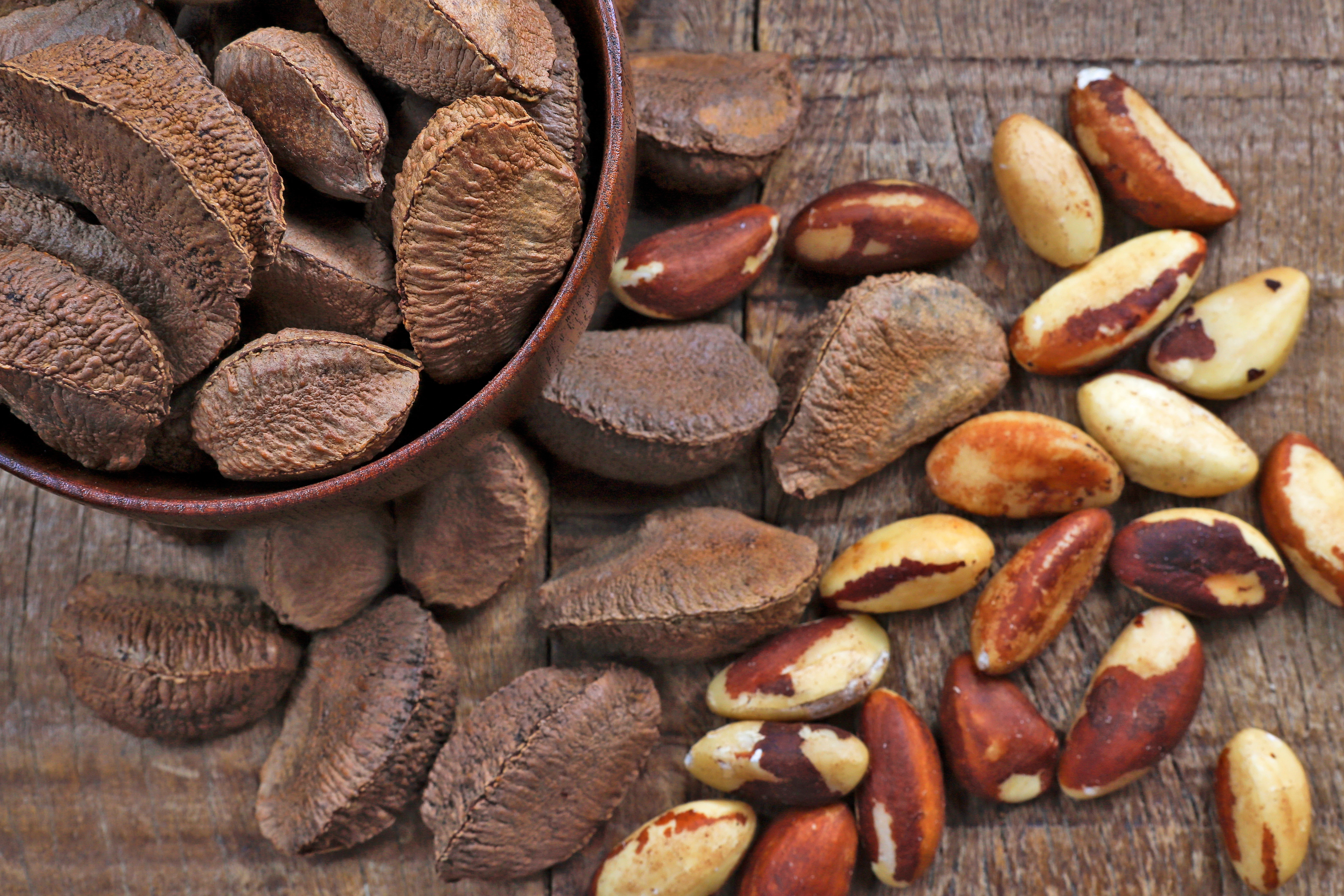
Partner Article
JBS Fund for the Amazon invests over £10 million in new projects to protect the rainforest
A compostable alternative to plastic made from nut shells; a “cocoa corridor” of protected rainforest; and an initiative empowering women in indigenous tribes to protect their ancestral forests will all receive funding from international food company JBS, as part of their £10 million ‘Fund for the Amazon’.
In total, seven new projects have been selected from over 100 proposals, to add to the existing 12 initiatives being funded. All the projects supported by Fund for the Amazon aim to promote sustainability and protect the Amazon region, while respecting the rights of indigenous inhabitants. Each of the seven had to pass through a strategic analysis and an in-depth verification process to ensure they create lasting sustainable change.
“The new projects supported encourage the study and development of ingredients and products based on the biodiversity of the Amazon biome, generating business for the region”, points out Joanita Maestri Karoleski, president of the JBS Fund for the Amazon. “These innovative projects will undoubtedly make a massive contribution to the Amazon production chain and the local communities”, added Andrea Azevedo, Programs and Projects Director of the Fund.
The initiative already supports the development of bioplastic (green polypropylene) with the aim of scaling up Brazil nut waste into the composition of plastic.
Additionally, a joint study involving institutes and universities in the Amazon region, seeks to investigate the quantity of raw materials that are biodegradable. This would replace plastics which rely on fossil fuels for their production. A plant located in the Manaus Free Zone is willing to test this result on an industrial scale. The projects aims to diminish the impact of the plastic chain on the environment, generate income for the community and create a biodegradable product that fosters the circular economy and community-based businesses.
Two of the seven new initiatives will be partnerships with The Brazilian Agricultural Research Corporation (Embrapa). One of these will be dedicated to the development of artificial intelligence applied to forestry automation and the spatialization of carbon. The other line of study will focus on social innovation and will be undertaken with the Carauari Rural Producers Association (ASPROC) to improve the results of the “Fair and Sustainable Fishing” project which the Fund approved last year.
This was posted in Bdaily's Members' News section by Lucie Hayes .








 Raising the bar to boost North East growth
Raising the bar to boost North East growth
 Navigating the messy middle of business growth
Navigating the messy middle of business growth
 We must make it easier to hire young people
We must make it easier to hire young people
 Why community-based care is key to NHS' future
Why community-based care is key to NHS' future
 Culture, confidence and creativity in the North East
Culture, confidence and creativity in the North East
 Putting in the groundwork to boost skills
Putting in the groundwork to boost skills
 £100,000 milestone drives forward STEM work
£100,000 milestone drives forward STEM work
 Restoring confidence for the economic road ahead
Restoring confidence for the economic road ahead
 Ready to scale? Buy-and-build offers opportunity
Ready to scale? Buy-and-build offers opportunity
 When will our regional economy grow?
When will our regional economy grow?
 Creating a thriving North East construction sector
Creating a thriving North East construction sector
 Why investors are still backing the North East
Why investors are still backing the North East